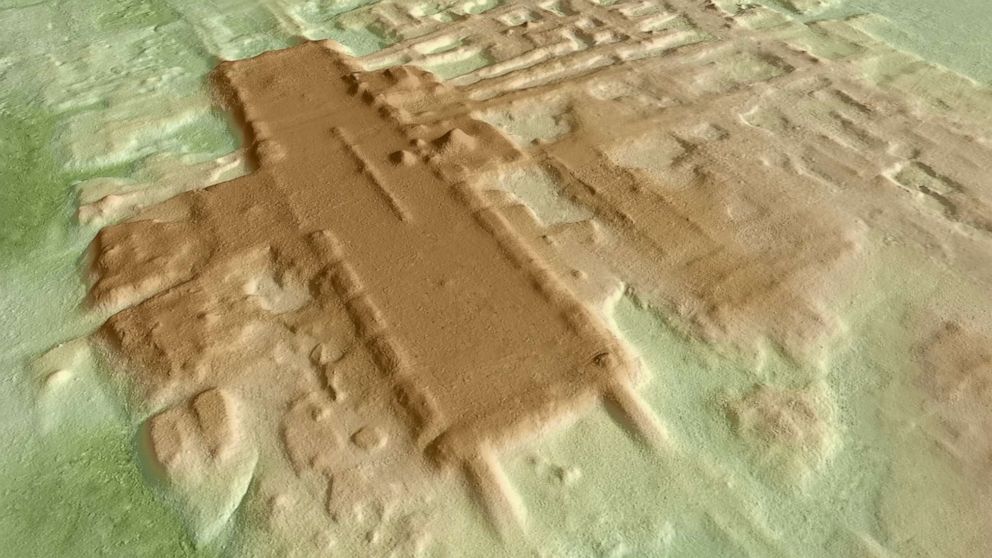The largest Mayan structure to date has been discovered at a new site in Tabasco, Mexico. In a new paper in Nature, the researchers describe how they used lidar surveys, excavations, and radiocarbon dating of charcoal samples to find and age the site which has been named Aguada Fénix.
“To our knowledge, this is the oldest monumental construction ever found in the Maya area and the largest in the entire pre-Hispanic history of the region,” the researchers say.
This 3,000-year-old discovery—and additional previous findings—challenge the notion that Mayan civilization began gradually with small villages and eventually evolving into larger sites and ceremonial complexes. For example, a formal ceremonial complex and plateau dating back to 950 B.C. was previously discovered in Ceibal, Guatemala, that “suggests that substantial ceremonial centers developed in the Maya lowlands earlier than was previously thought.” The Ceibal structure was believed to display the oldest Mayan architecture before Aguada Fénix was found.
